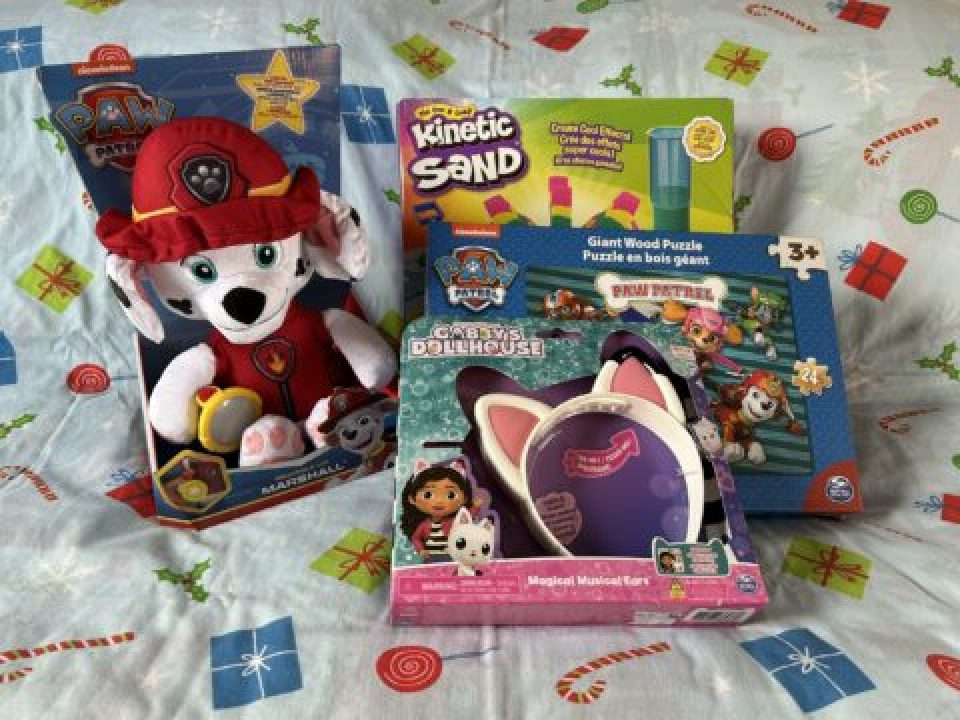
Allotment Open Morning POSTPONED
08/07/2012
August Newsletter
01/08/2012When are babies able to understand and begin to control their behaviour? When can you begin to set boundaries and when do they become aware of actions and the consequences of their actions?
From as little as 8 months old, babies are beginning to understand the tone and words you use which indicate you are cross, happy, sad or excited. They begin to experiment with their actions to see how you will react to them. It is therefore already possible to set a limited number of boundaries.
My 11 month old understands not to touch the cooker as it is hot-a term he has learned thorough repetition and seeing my reaction each time he tries. He also understands “no” (though he does not like to hear it and often bursts into tears when I do say it). He also reacts to the words” good boy” with a big smile and by clapping his hands.
As children grow up , they become more aware of how their actions can hurt others and how toys are often shared and not exclusively thiers. By the time they reach their first year at school, they are able to show awareness and concern for others and their environment and to recognise right from wrong. They are also able to consider the consequences of their actions.
How do we encourage our children to demonstrate positive behaviour and self-control?
- Set clear and achieveable boundaries with reasonable expectations. It is no good expecting the same behaviour from your 3 year old as you would from your 5 year old.
- Be consistent in how you deal with certain behaviour so that children know what to expect. Predictability equals stability. If you keep changing how you react to the same behaviour , the child begins to doubt whether you are serious about it.
- Talk about caring for others and the environment and create rules which you all adhere to.
- Help children to recognise an injustice and demonstrate how to solve the problem. This works especially well with older children. I often ask my daughter what she thinks she could do to fix the problem, and often she comes up with a perfectly acceptable solution!
- Make time to listen to children when they are experiencing conflict and talk them through how they could go about resolving their issue.
- Read books about characters who do not behave well and discuss what happens as a consequence of their behaviour.
- Help children understand right and wrong by explaining what makes it right or wrong. Don’t expect children to always blindly adhere to your rules if they don’t undertand why.
- Allow children to discuss and even help set boundaries so that they fully understand why they are there.
- Affirm positive behaviour and praise this desired bahaviour as often as possible. Reward charts are great for this and very visual. Children like to see what they have achieved and charts work really well for this.
As parents there will be days that despite your best efforts, your little ones will display behaviour you don’t approve of (usually in a public place to maximise your embaressment) but don’t despair. Shake it off and keep doing all the things mentioned and you WILL see the benefits. Children really want to please you. Use this to your advantage!
Article from www.toddlebabes.co.uk






